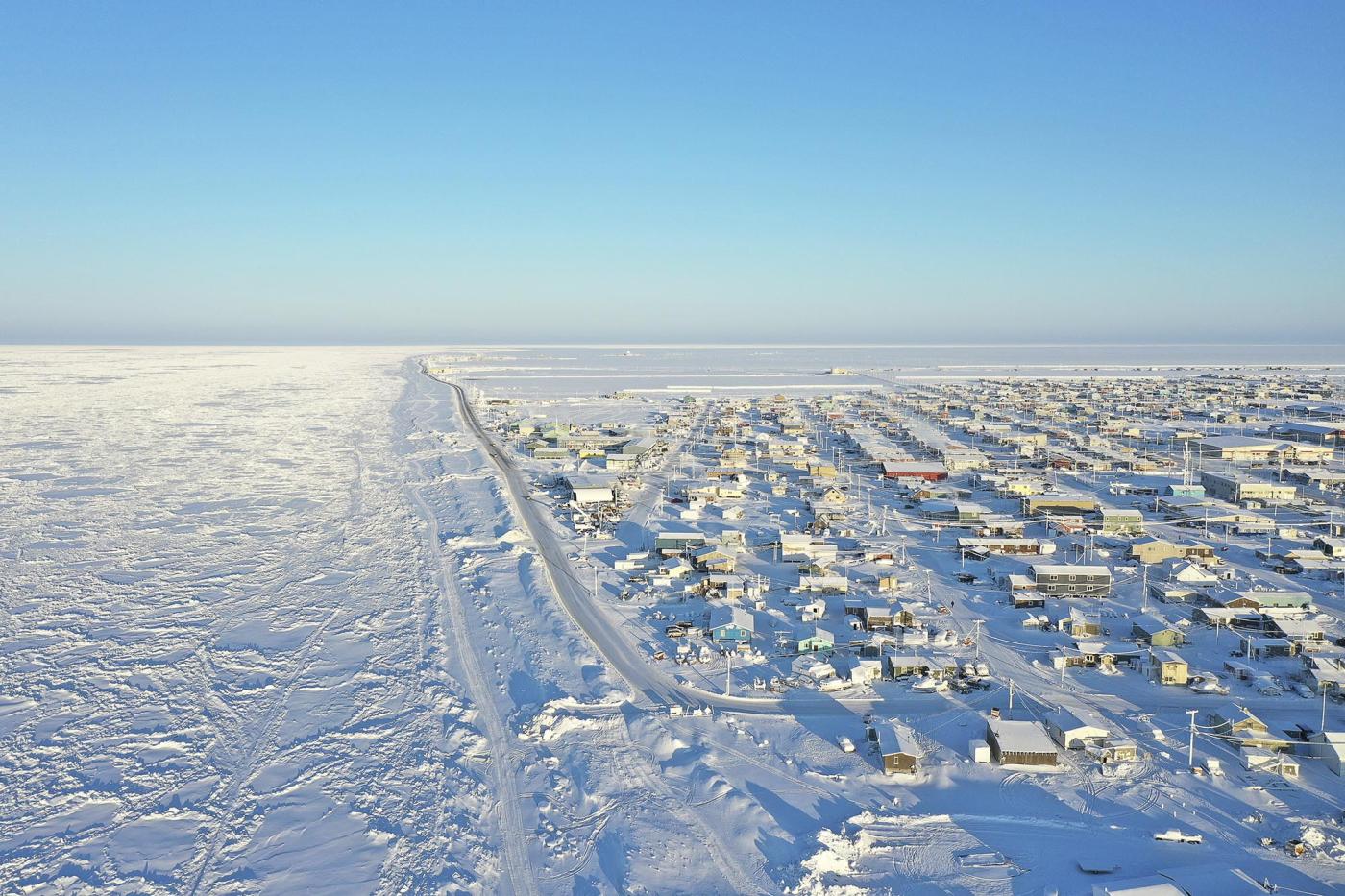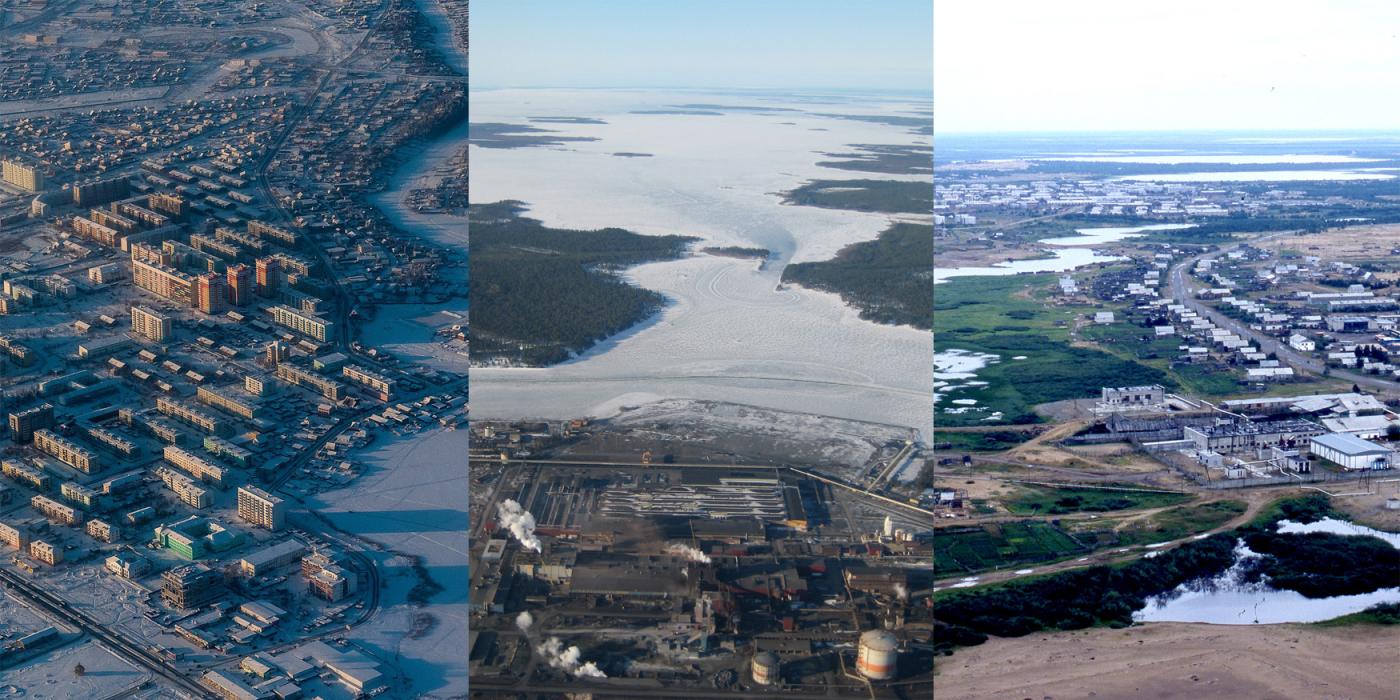ARCTIC DESIGN GROUP
ABOUT THE ARCTIC DESIGN GROUP —
The Arctic is a place where tension between the rendered and the experienced is arguably at its highest. Extreme cold climate conditions coupled with prospects and anxieties afforded by the impacts of climate change are often the dominating narratives shaping the discourse about the region. The loss of sea ice, the thawing of permafrost, the release of methane gas, and the displacement of species, peoples and towns are only a handful of examples that are profoundly impacting the future of the Arctic. Simultaneously, the climatic shifts are helping to unlock the grips of a deep freeze and are opening up new economic, political, and urbanistic opportunities.
At the intersection of material, cultural, environmental and technological dimensions, the Arctic Design Group rethinks the built environment from the scale of buildings and infrastructures to that of cities, investigating the region as a lived place that is both animated by and actively sculpting its physical and material landscapes.
ADG DIRECTORS —
Leena Cho, Associate Professor, Landscape Architecture [lcho@virginia.edu]
Matthew Jull, Associate Professor, Architecture [mjull@virginia.edu]
CURRENT RESEARCH PROJECTS AT THE BEFORE BUILDING LABORATORY —

UTQIAGVIK
In recent years, University of Virginia researchers have combined forces across disciplines to address the challenges facing one of the most rapidly changing and important regions of the world, far north of Charlottesville, Virginia. The northernmost settlement in the U.S. Arctic, the city of Utqiaġvik, Alaska, is home to more than 4,000 people who are coping with the atmospheric and human impacts of climate change in a community built upon thawing permafrost along the coast of the Arctic Ocean. In 2020, the National Science Foundation, through its “Navigating the New Arctic” initiative, awarded the Arctic Research Center a five-year, $3 million grant to design and monitor a network of integrated meteorological, aquatic and geotechnical sensors throughout Utqiaġvik. These monitors will help UVA researchers from the College and Graduate School of Arts & Sciences’ Department of Environmental Sciences, the School of Architecture’s Arctic Design Group, the School of Engineering and Applied Science and the School of Data Sciences collect data to assist the Arctic community in developing design guidelines for future buildings and infrastructure that increase community resilience while minimizing environmental impacts.
Project Team: Howard Epstein (UVA, Environmental Sciences, PI), Leena Cho (UVA, Landscape Architecture, PI), Matthew Jull (UVA, Architecture, PI), Luis Felipe Murillo (UVA, Data Science, Associate Researcher), Caitlyn Wylie (UVA, Engineering and Applied Science, PI), Claire Griffin (UVA, Environmental Sciences, Postdoctoral Researcher)
Funding: National Science Foundation, 5-year grant, $3M
Learn more about this project.

MEASURING URBAN SUSTAINABILITY IN TRANSITION
In partnership with three other institutions, the Arctic Design Group directors have been awarded a $4.6 million, 5-year grant from the National Science Foundation to measure urban sustainability in the Arctic. In collaboration with research teams at George Washington University, University of Alaska Anchorage and University of Northern Iowa, Jull and Cho are addressing the rapidly changing natural, built, and social environments across the Arctic that demand a response in order to preserve the sustainability of northern cities.
The project titled Measuring Urban Sustainability in Transition (MUST): Co-Designing Future Arctic Cities in the Anthropocene poses a central research question: How can community-defined indicators help policy makers develop effective governance systems and redesign the built infrastructure to meet the challenges of a changing environment and economy?
The team is focusing on understanding the linkages among the various elements of urban sustainability (among economics, education, governance, infrastructure, and the changing natural world) in order to develop evidence-based indicators that promote the thriving of human life in cities as the climate and economy undergo radical changes. The four institutions across the United States are working with international colleagues in Canada, Sweden, and Russia, forming a strong, symbiotic, and interdisciplinary group of researchers, with a wide variety of expertise in the natural and social sciences, and architecture and urban planning.
Project Team: Leena Cho (UVA, Landscape Architecture, PI), Matthew Jull (UVA, Architecture, PI), Robert W. Ottung (GWU, International Affairs, PI), Matthew D. Berman (University of Alaska Anchorage, Economics, PI), Andrey Petrov (University of Northern Iowa, Geography, PI
Funding: National Science Foundation, 5-year grant, $4.6M
SUPPORTED COURSES —
The Arctic Design Group supports courses in the Departments of Architecture and Landscape Architecture connecting curriculum and research. These courses include:
Advanced Research Studios (graduate and undergraduate) that take on distinct semester-long projects, emphasize a range of topics connected to ADG’s design research, include travel to the Arctic region, and direct engagement with those that live there as an integral part of the learning process.
RESEARCH AFFILIATIONS —
The Arctic Design Group’s affiliated research partners include:
coming soon
